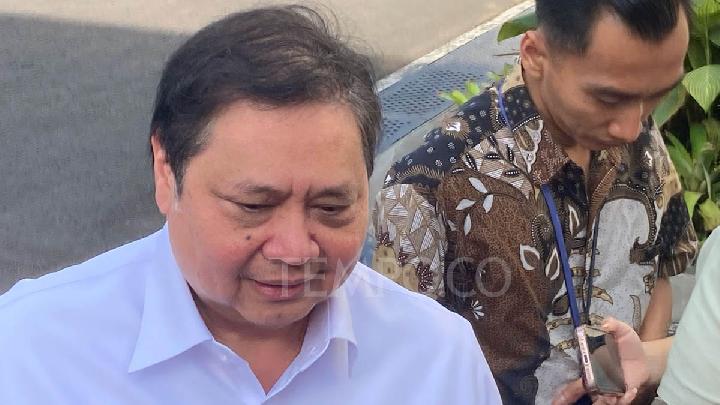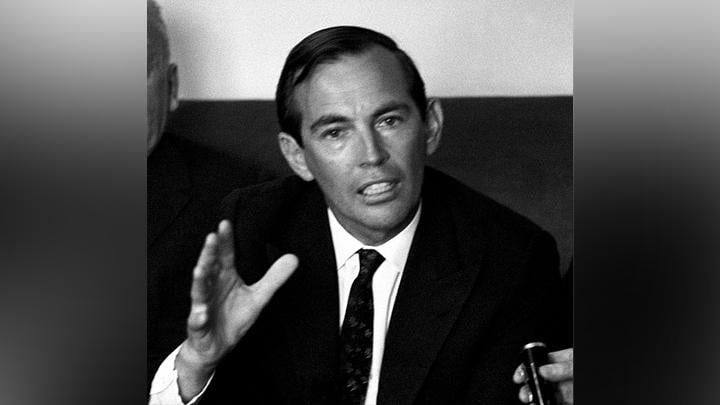
TEMPO.CO, Jakarta - Every medical advance we have today has a story behind it. These stories are about the struggles, courage, and perseverance of health professionals who dedicate their lives to understanding the human body and curing diseases.
Here are the 10 most influential doctors and medical researchers in the world, as cited from britannica.com.
1. Hippocrates
Hippocrates is often called the "Father of Medicine." He revolutionized medical practice by rejecting superstition and emphasizing clinical observation. He advocated for diet, exercise, and environmental changes as therapy, principles which have now become the foundation of preventive medicine. Although there is skepticism about whether he wrote the Hippocratic Oath, his legacy remains a moral benchmark for modern doctors.
2. William Harvey
William Harvey, a physician from the Kingdom of England, challenged the more than a thousand-year-old dogma of Galen. In his book, De Motu Cordis (1628), he proved that the heart pumps blood in a closed circulatory system. This theory changed our understanding of human physiology and became the foundation of modern medicine.
3. Edward Jenner
In late 18th-century England, amidst the fear of smallpox outbreaks, Edward Jenner introduced the method of vaccination using a virus from cows. His discovery not only saved millions of lives, but also paved the way for the development of modern vaccines. Jenner did not seek personal gain, as he freely shared his method.
4. Elizabeth Blackwell
In 1849, in a male-dominated medical world, Elizabeth Blackwell made history as the first woman to earn a medical degree in the United States. She opened a hospital for poor women and advanced medical education for women.
5. Joseph Lister
The 19th century witnessed a revolution in the operating room thanks to Joseph Lister, who introduced antiseptics in surgeries. By using carbolic acid, he eradicated bacteria that caused postoperative infections. His principle was simple: sterility saves lives. His method is now a global standard in surgery, and even the antiseptic product Listerine was named in his honor.
6. Alexander Fleming
In 1928, in London, Alexander Fleming observed that the Penicillium mold he was studying killed the bacteria around it. He had just discovered penicillin, the world's first antibiotic. Fleming warned that the misuse of antibiotics could create resistance, a prediction that has now proven to be true. His discovery saved millions of lives, especially during World War II.
7. Jonas Salk
In the mid-20th century, when polio was paralyzing thousands of children every year, Jonas Salk developed the first safe and effective polio vaccine. Over a million children participated in the vaccine trial in 1954.
8. Paul Ehrlich
In the early 20th century, Paul Ehrlich of Germany developed a new approach to treatment called targeted therapy. He discovered Salvarsan, the first drug effective against syphilis. He was also the first to propose the term chemotherapy and develop theories about the immune system. His ideas about a magic bullet became the basis for modern treatments including immunotherapy and cancer treatment.
9. Christiaan Barnard
On December 3, 1967, the world was astonished when Christiaan Barnard, a surgeon from South Africa, successfully performed the first human heart transplant. His success marked a new era in organ surgery and medical ethics. He also formulated the concept of brain death as the ethical basis for organ donation, which remains an important discussion in organ transplantation today.
10. Anthony Fauci
In the 21st century, amidst pandemics and infectious disease outbreaks, Anthony Fauci, who has led the National Institute of Allergy and Infectious Diseases (NIAID) for almost 40 years, has played a crucial role in the research and mitigation of HIV/AIDS, SARS, Ebola, and COVID-19. He is not only a scientist with over 1,400 scientific publications, but also a public figure who bridges science and policy.
Editor's Choice: Maintaining Liver Health: 5 Tips to Protect Your Vital Organ
Click here to get the latest news updates from Tempo on Google News
Prabowo Vows Free Healthcare for the Poor if Budget Allows
4 jam lalu
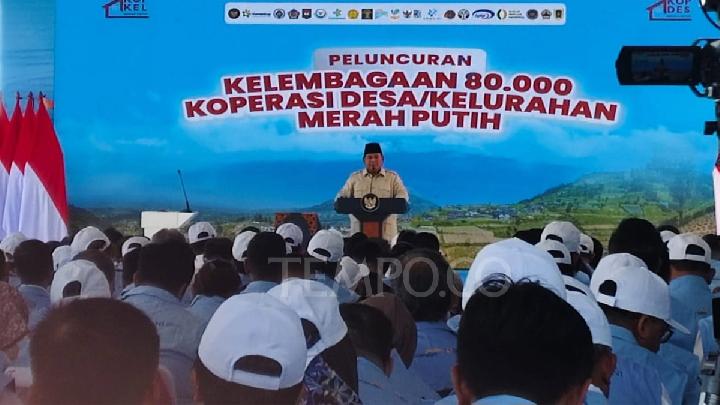
President Prabowo expresses confidence in obtaining a budget for free medical treatment, one way is by cracking down on food mafias.
Why Eating Cold Rice Is Healthier Than You Think
2 hari lalu

Cold rice offers several health benefits, primarily due to an increase in resistant starch, a type of carbohydrate that the body cannot digest.
Trump Says Coca-Cola Agrees to Switch Sweetener to Cane Sugar in U.S.
3 hari lalu

Apart from health concerns, some people perceive Trump's request for Coca-Cola to switch to cane sugar as politically motivated.
Maintaining Liver Health: 5 Tips to Protect Your Vital Organ
4 hari lalu

Liver damage can impede the function of this vital organ and trigger various serious health disorders.
How to Keep Your Ears Healthy
5 hari lalu

Maintaining ear health is an important part of maintaining hearing quality and daily life. Here are some tips to maintain your ear health.
8 High-Cholesterol Foods You Should Avoid
7 hari lalu

High-cholesterol foods are often not noticed and recognized before it's too late to avoid. High cholesterol can have a negative impact on health.
10 Expert Tips for Rapid and Healthy Weight Loss
8 hari lalu

Tips for rapid and healthy weight loss often highlight various strategies, from unique metabolic boosts to disciplined eating and exercise.
What Happens to Your Body When You Don't Eat for a Day?
9 hari lalu

Going without eating foods for a full day, commonly referred to as fasting, is often practiced by individuals following a diet.
Microsoft Says Its AI Diagnostic System Outperforms Human Doctors
11 hari lalu

Microsoft AI Diagnostic Orchestrator was found to be four times more accurate than a group of experienced physicians during internal testing.
Prabowo Highlights Climate Change, Global Health Crisis at BRICS Summit
13 hari lalu
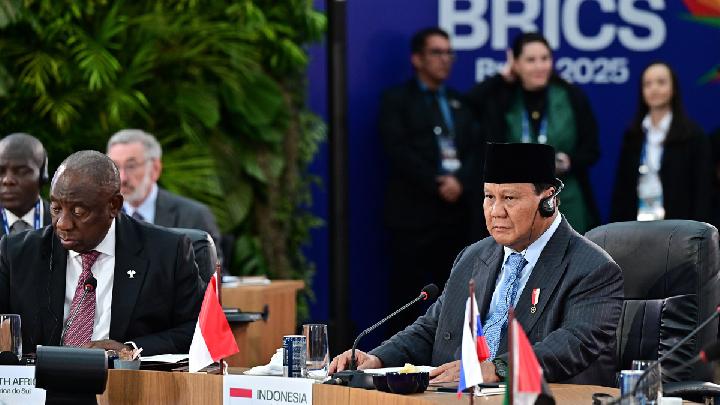
Indonesian President Prabowo Subianto highlighted climate change and global health crisis while attending the BRICS summit.


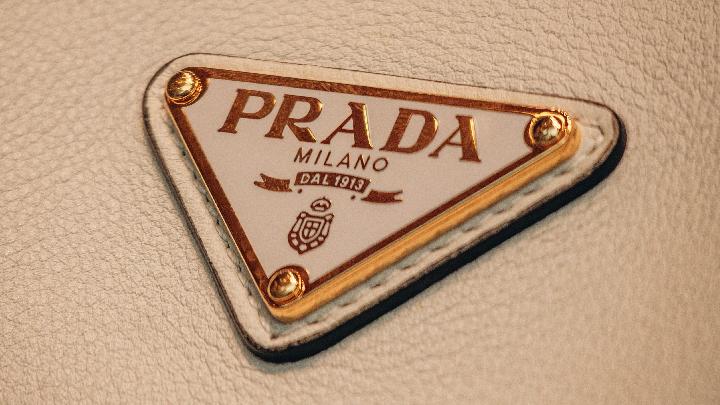
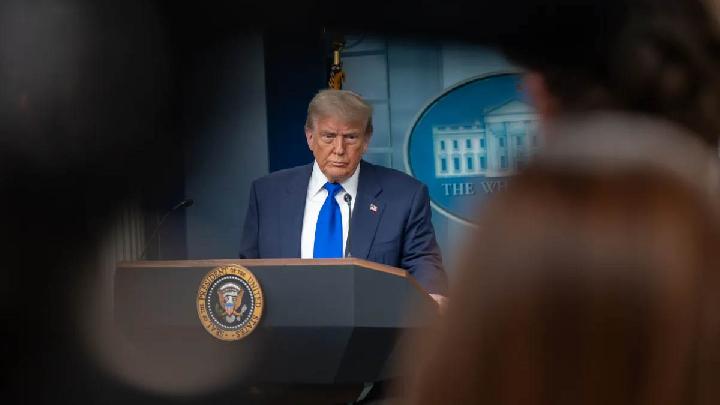
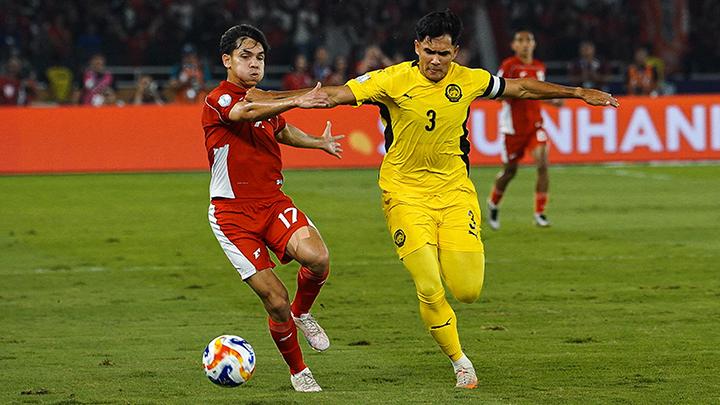
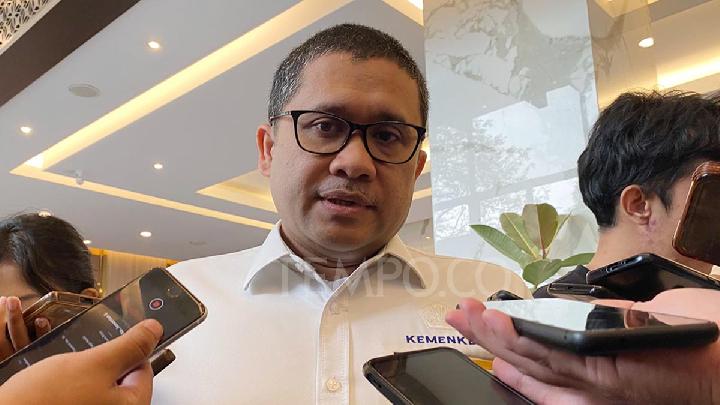








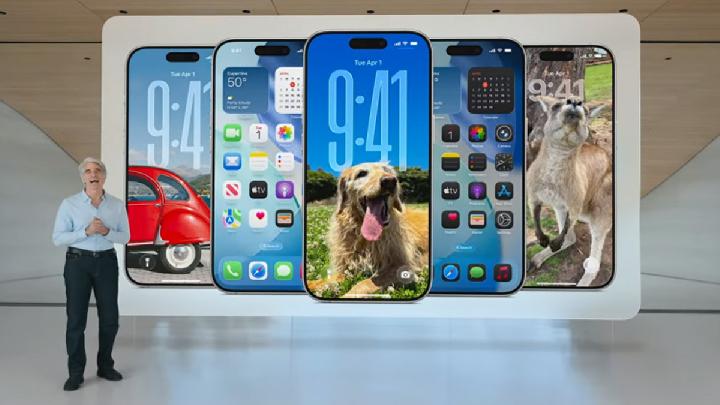
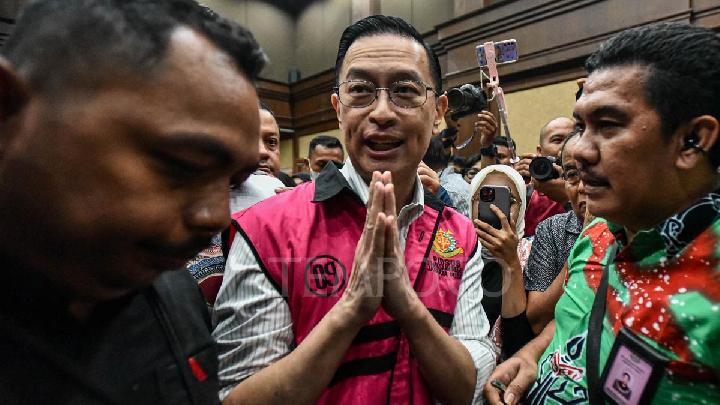
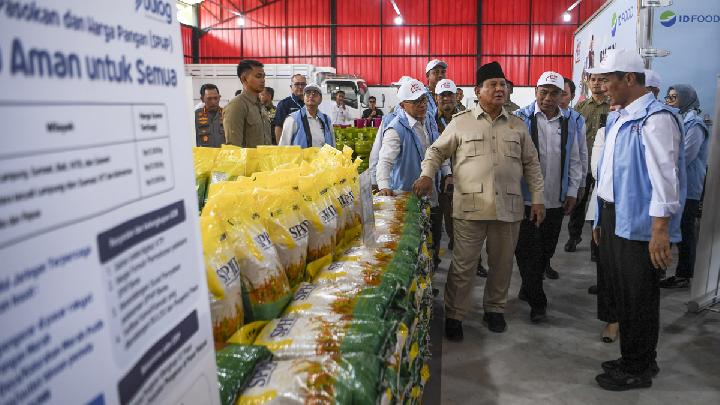

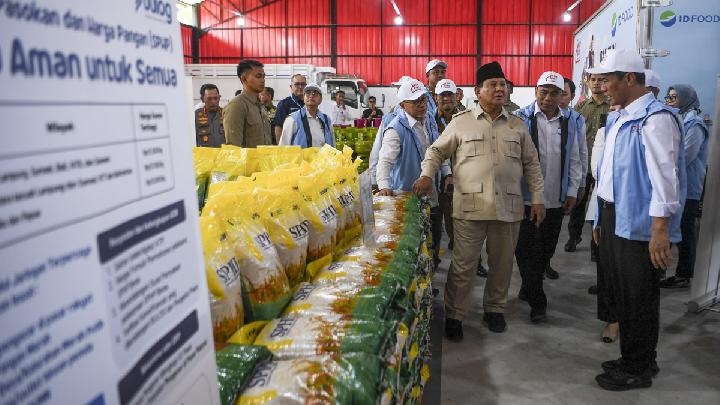












:strip_icc():format(jpeg)/kly-media-production/medias/5085399/original/084283500_1736394404-caption-buka-puasa-bersama.jpg)

:strip_icc():format(jpeg)/kly-media-production/medias/4990580/original/032364700_1730716355-cara-sholat-hajat.jpg)














:strip_icc():format(jpeg)/kly-media-production/medias/5084907/original/011382400_1736361137-MBG_Kudus.jpg)
